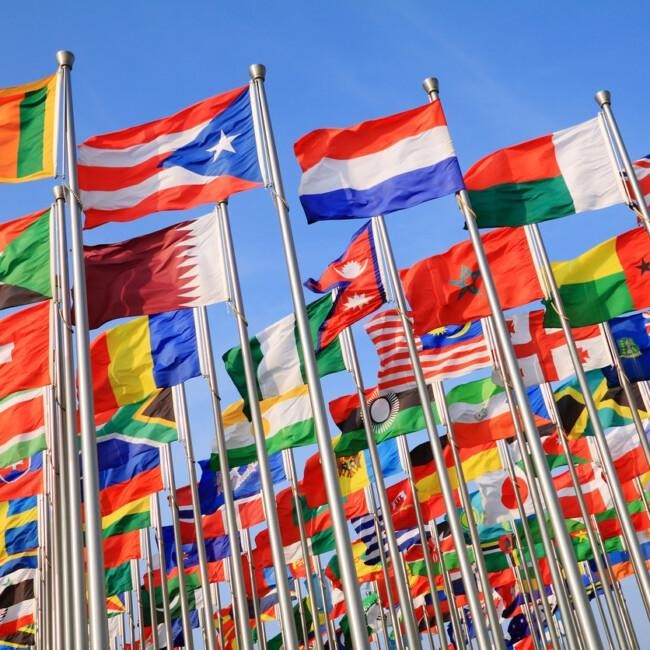
The global economic system has entered a new era of geoeconomic rivarly. Particularly the United States and China are using economic instruments to advance strategic agendas, which poses a difficult challenge to the European Union.
A new study by the Finnish Institute of International Affairs (FIIA), ETLA Economic Research, and VTT Technical Research Centre of Finland investigates the risks and opportunities of this rise of geoeconomics for the EU and its member states, particularly Finland. Whereas the Union was designed on the premise that economic and security policy should remain separate, it now finds itself ill-equipped for their increasing convergence.
“Global interdependence and the global trading system embodying it have traditionally been seen as sources of peace and stability”, says one of the authors of the study Mikael Wigell, FIIA’s Research Director. “However, the currently intensifying great power competition is threatening to challenge this view.”
The study shows how the EU’s traditional market-based approach to international economic engagement exposes it to risks arising from the geoeconomic power politics of other major powers and how these risks are particularly acute in the technological domain, where Europe’s competitiveness has been decreasing and its strategic dependencies on China and the United States growing..
As indicated by the discussion related to 5G technology, Europe needs better data and situational awareness concerning their economic and technological interdependencies.
“Economic interdependencies generate many positive effects, but it can also entail dangerous vulnerabilities and security risks. For the EU and especially its technology companies the risk picture is undergoing significant change because of the rise of geoeconomics. In this report, we have tried to come up with better ways to recognize and evaluate these risks, and how Europe and its member states can adapt to these developments”, Wigell says.
In the context of new geoeconomic rivalry, the EU is now trying to strengthen its ability to participate in defining the rules of the game for the global economy. According to Wigell, this is also warrants active engagement from the member states.
“Finland must be able to evaluate its own vulnerabilities to geoeconomics in order to be able to influence and support this EU ambition.”
This publication is part of the implementation of the Government Plan for Analysis, Assessment and Research for 2021.



